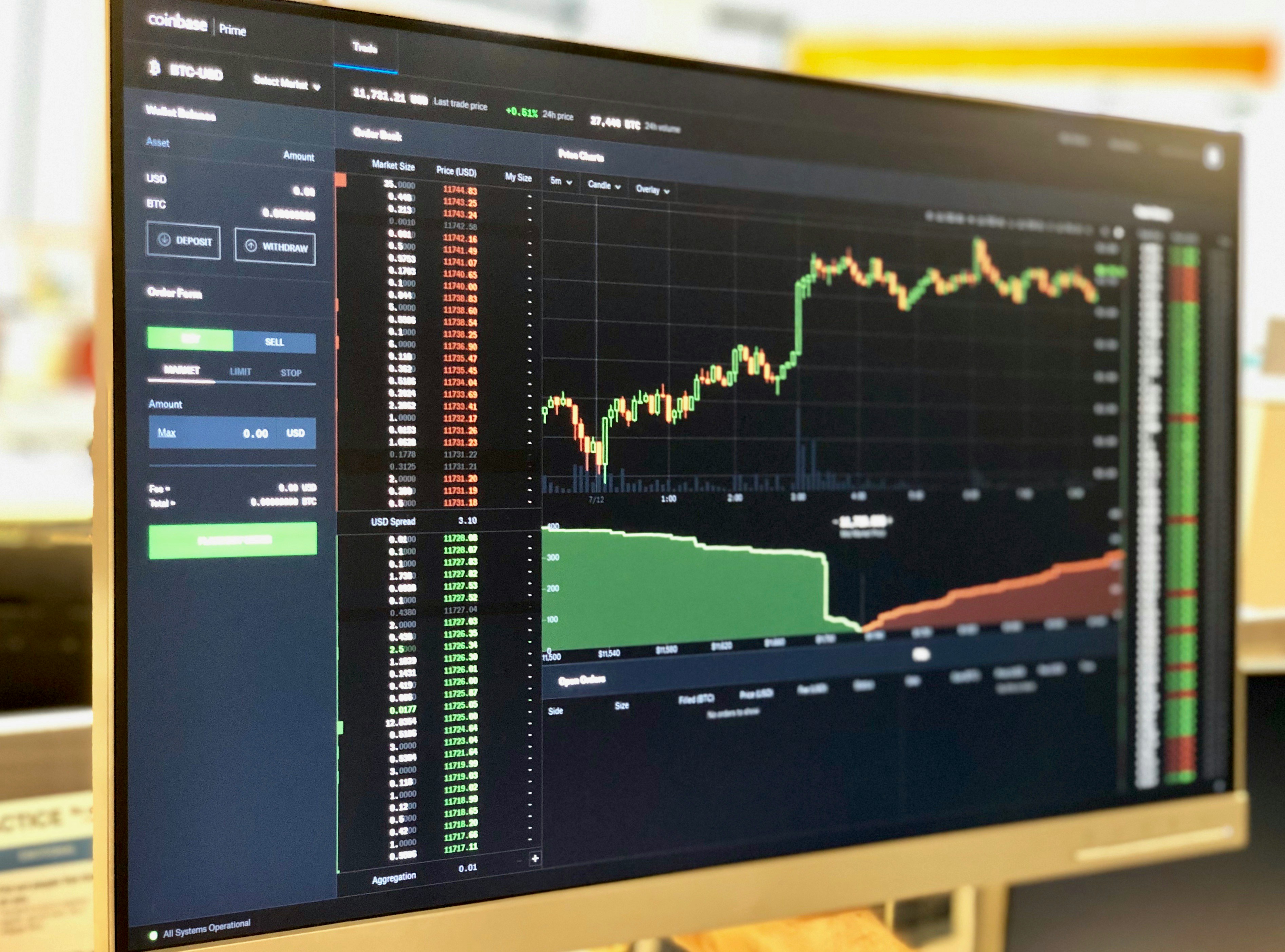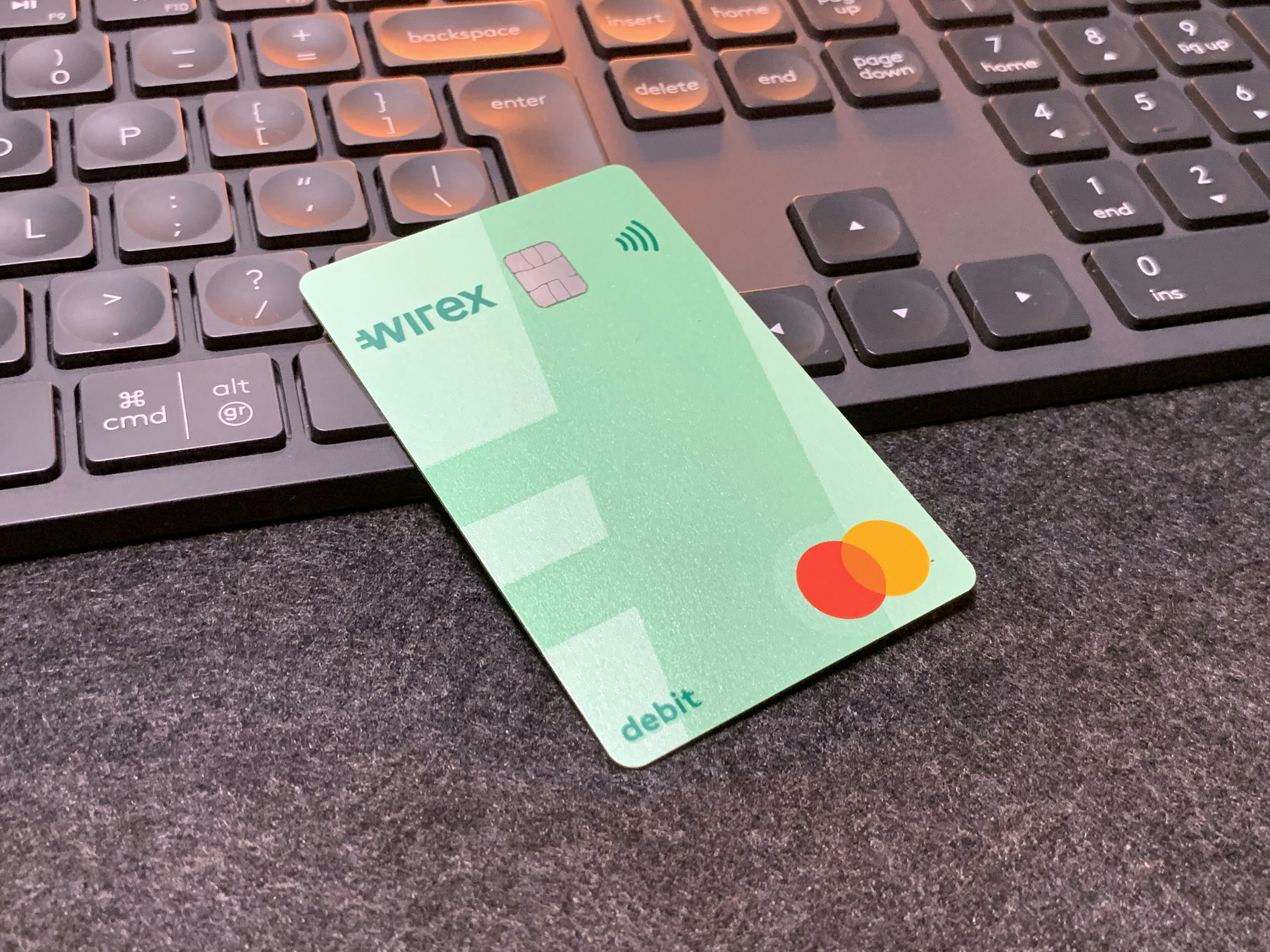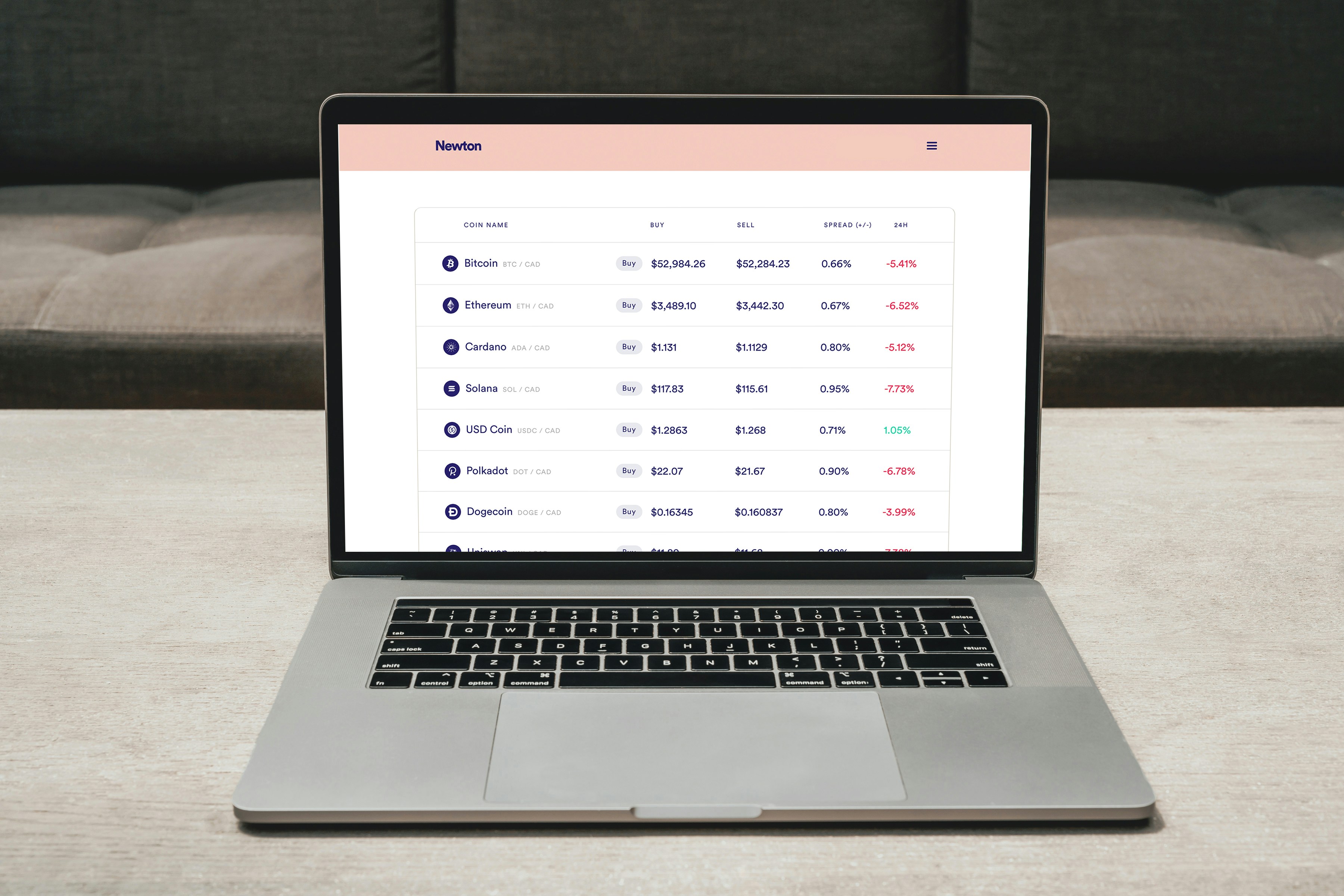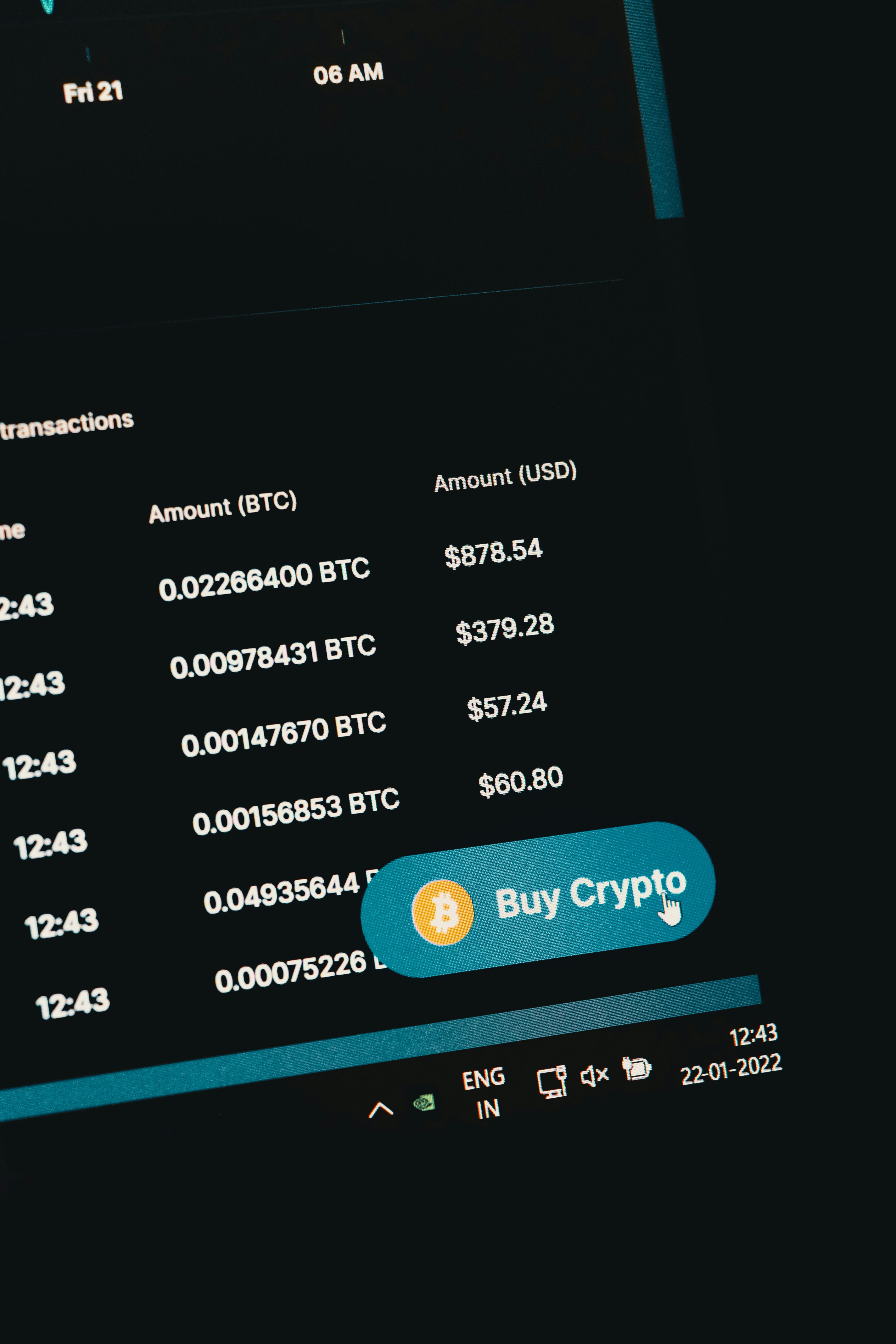
Introduction to Cryptocurrency Exchanges
Cryptocurrency exchanges serve as vital platforms within the crypto ecosystem, facilitating the buying, selling, and trading of various digital currencies. These platforms enable users to exchange fiat currency for cryptocurrencies, allowing individuals and institutions to participate in the burgeoning digital asset market. With numerous exchanges available, selecting the appropriate platform is crucial for achieving optimal trading experiences and ensuring security in transactions.
There are two primary types of cryptocurrency exchanges: centralized and decentralized. Centralized exchanges, often managed by a company or organization, act as intermediaries for transactions. Users deposit their funds into accounts on these platforms, which then manage order books and facilitate trades. While centralized exchanges typically offer higher liquidity and a user-friendly interface, they may pose potential risks concerning security breaches and regulatory compliance. Choosing a reputable centralized exchange is essential for protecting one’s digital assets.
On the other hand, decentralized exchanges (DEXs) operate without intermediaries and allow users to trade directly with one another. This model enhances privacy and reduces the risks associated with custody of funds. However, DEXs may present challenges regarding liquidity and user experience. Furthermore, they often rely on smart contracts built on blockchain technology to execute trades, which may create vulnerabilities if not properly developed. As such, understanding the mechanisms of both exchange types is vital for new and experienced traders alike.
In an increasingly competitive landscape, careful consideration of factors such as fees, available cryptocurrencies, and user interface can significantly impact trading success. As the cryptocurrency market continues to evolve, recognizing the importance of these exchanges will enable users to navigate the space effectively and make informed decisions regarding their investments.
Criteria for Selecting a Cryptocurrency Platform
When choosing a cryptocurrency platform, it is essential to consider various critical factors that can significantly affect the trading experience. One of the foremost aspects is security. Given the volatile nature of cryptocurrencies and the frequency of cyberattacks, it is vital to select a platform that employs strong security measures, such as two-factor authentication (2FA), encryption, and cold storage solutions for digital assets. A secure platform not only protects user funds but also builds trust among its community.
Another critical factor is the fee structure. Users must be aware of the different types of fees associated with cryptocurrency trading, including trading fees, withdrawal fees, and deposit fees. A platform with competitive rates can help minimize costs, particularly for frequent traders. Additionally, potential users should analyze how these fees stack up against the services provided, ensuring that they receive good value for their money.
User experience also plays a significant role in selecting a suitable platform. A well-designed interface can enhance navigation and simplify the trading process, making it more accessible for both beginners and experienced traders. Features such as charting tools, user guides, and mobile compatibility can contribute to a more satisfying user experience.
Moreover, the variety of currencies available for trading is an important consideration. Different platforms support different cryptocurrencies, so it is essential to choose one that offers a diverse range of options, including major coins like Bitcoin and Ethereum, as well as lesser-known altcoins. This diversity allows users to explore various investment opportunities and tailor their portfolios according to market dynamics.
Lastly, efficient customer support can significantly influence the overall experience. A responsive and knowledgeable customer service team can assist users in resolving issues swiftly, enhancing confidence in the platform. Overall, taking the time to evaluate these factors will help users select a cryptocurrency platform that aligns with their needs and investment goals.
Top 20 Cryptocurrency Platforms
In 2023, the cryptocurrency landscape continues to evolve, offering a variety of platforms for purchasing digital currencies. Here, we outline the top 20 cryptocurrency platforms that have gained prominence due to their features, reputation, and user experience. Each platform mentioned below plays a significant role in the market, catering to different needs of users from novices to seasoned investors.
1. Coinbase: Known for its user-friendly interface, Coinbase allows easy purchasing and trading of various cryptocurrencies. It also provides a secure mobile app for transactions on the go.
2. Binance: This platform is celebrated for its comprehensive trading options and competitive fees, attracting advanced traders with its extensive selection of cryptocurrencies.
3. Kraken: Renowned for its robust security measures, Kraken facilitates a wide array of crypto transactions while offering futures and margin trading features.
4. Gemini: Founded by the Winklevoss twins, Gemini boasts regulatory compliance and strong security, making it ideal for institutional investors.
5. eToro: This social trading platform enables users to buy cryptocurrencies while following and copying strategies of experienced traders.
6. Bitstamp: As one of the oldest cryptocurrency exchanges, Bitstamp is respected for its reliability and transparent trading services.
7. Huobi: A leading exchange in Asia, Huobi offers a robust platform with a wide range of digital assets for trading.
8. Bittrex: This platform focuses on providing a secure trading environment with a diverse range of cryptocurrency options.
9. Bitfinex: Known for its liquidity and sophisticated trading features, Bitfinex caters to experienced traders with its advanced tools.
10. CoinMarketCap: While primarily a market data provider, CoinMarketCap offers users access to various exchange platforms where they can purchase cryptocurrencies.
11. Paxful: This peer-to-peer platform connects buyers and sellers directly, allowing for a variety of payment options to purchase Bitcoin.
12. LocalBitcoins: Similar to Paxful, LocalBitcoins allows users to trade directly with one another, offering a flexible and accessible way to acquire Bitcoin.
13. Blockchain.com: Originally a wallet provider, Blockchain.com has expanded its services to include a user-friendly exchange for buying and trading cryptocurrencies.
14. KuCoin: Praised for its vast selection of altcoins, KuCoin caters to traders interested in lesser-known digital currencies.
15. Crypto.com: This platform offers an integrated ecosystem that includes a wallet, trading platform, and a card for spending cryptocurrencies.
16. Coincheck: A leading exchange in Japan, Coincheck provides a simple platform for purchasing and trading a variety of cryptocurrencies.
17. Gate.io: Known for listing many emerging cryptocurrencies, Gate.io is appealing for investors looking to explore new digital assets.
18. Luno: Luno simplifies cryptocurrency investing for beginners and is particularly popular in regions such as Asia and Africa.
19. Bitso: A major player in the Latin American market, Bitso focuses on providing services tailored to regional users.
20. Bybit: This exchange is recognized for its derivatives trading, catering specifically to traders looking to leverage their investments.
Each of these platforms offers distinct features that cater to various user preferences, making them suitable choices for purchasing cryptocurrency in 2023. Understanding the characteristics of these platforms will empower users to make informed decisions in their cryptocurrency investments.
Detailed Review of the Top 5 Platforms
The cryptocurrency landscape has rapidly evolved, with various platforms providing unique features tailored to different user needs. In this section, we analyze five of the leading platforms, offering insights into their strengths, weaknesses, and distinguishing characteristics.
1. Binance: As one of the largest cryptocurrency exchanges globally, Binance excels in a vast selection of cryptocurrencies, low trading fees, and advanced trading features. The platform supports spot trading, margin trading, and future contracts. However, Binance has faced regulatory scrutiny in some countries, which may concern potential users regarding compliance and security.
2. Coinbase: Coinbase is renowned for its user-friendly interface, making it an ideal choice for beginners entering the cryptocurrency market. It provides educational resources to help users understand trading concepts better. Additionally, Coinbase has a strong reputation for security. Nonetheless, its fees can be higher compared to other platforms, which may deter some users from making extensive trades.
3. Kraken: Known for its robust security measures and a wide range of cryptocurrency options, Kraken is a reliable choice for both novice and seasoned traders. It provides various trading options, including futures and margin trading. One drawback is that its interface may be less intuitive for new users compared to other platforms, requiring a steeper learning curve.
4. Gemini: Founded by the Winklevoss twins, Gemini emphasizes security and regulatory compliance. It offers an aesthetically pleasing interface and various features, including earning interest on cryptocurrencies. However, its smaller selection of altcoins compared to competitors might limit options for advanced traders interested in lesser-known assets.
5. Bitstamp: One of the older exchanges in the market, Bitstamp is recognized for its reliability and has built a strong trust with users over time. It provides a straightforward trading experience along with competitive fees. However, its limited range of cryptocurrencies may not satisfy traders looking for diversity in their portfolio.
Each of these platforms possesses distinct advantages and limitations, catering to different types of cryptocurrency enthusiasts. Understanding these nuances will aid users in selecting the platform that best aligns with their trading strategies and goals.
Comparative Analysis of Fees and Features
When selecting a cryptocurrency trading platform, transaction fees, deposit and withdrawal options, and the range of features offered are key considerations for users. Conducting a comparative analysis of these factors can help individuals make informed decisions that align with their financial goals.
Transaction fees often vary significantly across different platforms, with some charging a flat fee per transaction while others implement a percentage-based model. For instance, platforms like Coinbase may charge around 1.49% for standard purchases, while Binance, renowned for its low fees, may offer trading fees as low as 0.1%. Users should be mindful that promotional periods or tiered fee structures could influence overall costs, making it essential to assess potential expenses based on trading frequency.
Furthermore, examining deposit and withdrawal options is crucial. Certain platforms provide a variety of methods, such as bank transfers, credit card payments, and even e-wallet services like PayPal. For example, Kraken supports both fiat and cryptocurrency deposits, providing flexibility for diverse user preferences. Conversely, platforms such as Robinhood have limited withdrawal options but offer commission-free trading, which may appeal to casual investors.
The range of features offered by cryptocurrency platforms also plays a significant role. Some platforms allow users to engage in margin trading, futures trading, or even staking. For instance, Binance incorporates advanced trading tools and charts that cater to experienced traders, while simpler platforms like Cash App might be better suited for beginners, offering ease of use with a streamlined interface. Additionally, security features, customer support, and educational resources should also be considered when weighing options.
Ultimately, by conducting a thorough analysis of fees, deposit and withdrawal methods, and platform features, users can select a cryptocurrency trading platform that meets their unique trading preferences and financial objectives.
User Experience and Interface
When it comes to purchasing cryptocurrency, the user experience (UX) and interface design of trading platforms can significantly impact both new and seasoned investors. An intuitive interface simplifies the buying process, making it accessible for beginners while providing advanced tools for experienced traders. The ease of navigation plays a critical role in ensuring that users can quickly find what they need, whether they are executing trades, monitoring market trends, or managing their portfolios.
Platforms that prioritize user experience typically feature clean designs, responsive layouts, and organized menus. For instance, a well-structured dashboard can enhance usability by displaying vital information such as market prices, transaction history, and account balances in an easily digestible format. The presence of customizable settings allows users to tailor their interface according to their trading style, further enhancing user satisfaction. This aspect is crucial for both casual traders and professionals who rely on a seamless experience during peak trading hours.
Moreover, mobile trading apps have become increasingly popular, as many users prefer to manage their investments on the go. An effective mobile interface should offer similar functionalities to desktop versions while ensuring that all features remain easily accessible on smaller screens. Load times and responsiveness are also essential factors that can make or break a user’s experience, especially for those executing time-sensitive transactions.
In addition, the availability of educational tools, such as tutorials and in-app resources, can empower users by providing essential information without overwhelming them. This encourages a supportive environment for individuals new to cryptocurrency trading. Overall, platforms that invest in user experience and intuitive design are more likely to foster a loyal user base, contributing to their long-term success in the competitive crypto market.
Security Measures on Cryptocurrency Platforms
The security of cryptocurrency platforms is paramount, considering the significant increase in digital asset investments. Various platforms implement multifaceted security measures designed to safeguard users’ assets from potential threats. One of the most common and essential features is two-factor authentication (2FA). This additional layer of security requires users to verify their identity through a secondary method, often a code sent to their mobile device, ensuring that even if login credentials are compromised, unauthorized access remains challenging.
Encryption protocols are also crucial in the realm of cryptocurrency trading. These protocols secure user data and transactions, ensuring that sensitive information is unreadable to potential hackers. Many reputable platforms utilize industry-standard encryption technologies such as AES (Advanced Encryption Standard) to protect the integrity of user accounts. Regular security audits and updates are typically conducted to identify and mitigate any vulnerabilities that may arise, reinforcing the platform’s commitment to user safety.
Additionally, some cryptocurrency exchanges provide insurance policies that protect user deposits against losses due to hacking incidents. This form of coverage can offer peace of mind, allowing users to engage in trading activities without undue concern about losing their investments. Platforms that implement these insurance measures demonstrate a proactive stance toward the security of digital assets.
Furthermore, the regulatory landscape surrounding cryptocurrency has led many platforms to adopt stronger compliance measures, including Know Your Customer (KYC) protocols. By verifying users’ identities, platforms can reduce the risk of fraudulent activities and create a safer trading environment. Collectively, these security features contribute to the overall integrity of cryptocurrency platforms, affirming the importance of safeguarding digital assets in an increasingly complex financial ecosystem.
Regulatory Considerations for Buying Crypto
As the popularity of cryptocurrencies continues to rise, regulatory considerations become increasingly important for potential buyers. Various countries have implemented laws and guidelines to govern the purchase and trading of digital assets. Understanding these regulations is essential for users to navigate the cryptocurrency landscape safely and legally.
One of the primary regulatory frameworks governing cryptocurrency transactions is the Know Your Customer (KYC) policy. KYC requires platforms to verify the identities of their users when they create accounts. This process typically involves submitting personal information, such as names, addresses, and identification documents. By enforcing KYC procedures, cryptocurrency exchanges aim to mitigate risks associated with fraud and money laundering, thus creating a safer trading environment for all users.
Another critical component of cryptocurrency regulations is the Anti-Money Laundering (AML) policy. AML regulations are designed to prevent illicit activities by ensuring that exchanges monitor transactions for patterns indicative of money laundering or financing of terrorism. Platforms must report suspicious activities to relevant authorities, further promoting compliance and transparency in the crypto market. As a result, users should be prepared to provide detailed transaction information when required, as adherence to these policies is paramount for operational legitimacy.
Moreover, regional regulations can significantly affect how cryptocurrency platforms operate. Different jurisdictions may impose varying requirements regarding taxation, reporting, and operational licenses. As such, users must familiarize themselves with the laws applicable in their respective regions. Compliance with these regulations not only protects users but also fosters trust in the wider cryptocurrency ecosystem.
In conclusion, being aware of regulatory considerations is crucial for any individual looking to purchase cryptocurrency. Understanding KYC and AML policies, as well as regional regulations, helps users make informed decisions when selecting a platform for their crypto transactions.
Future Trends in Cryptocurrency Purchasing Platforms
The landscape of cryptocurrency purchasing platforms is rapidly evolving, driven by advancements in technology and innovative financial models. One of the most significant trends reshaping this market is the rise of decentralized finance (DeFi). DeFi platforms enable individuals to trade, lend, and borrow cryptocurrencies without the need for centralized authority, offering enhanced privacy and security. As these platforms gain traction, they are likely to offer greater accessibility and lower transaction fees, attracting both novice and experienced investors to the crypto space.
Moreover, technological advancements such as blockchain interoperability are transforming the way users interact with different cryptocurrencies. Increased interoperability between various blockchains allows for seamless transactions across platforms, reducing friction and enhancing user experience. This evolution makes it easier for individuals to diversify their portfolios by purchasing multiple cryptocurrencies through a single platform, streamlining the overall buying process.
Another trend on the rise is the incorporation of Artificial Intelligence (AI) and machine learning algorithms in trading strategies. These technologies analyze vast amounts of data to provide insight into market trends and price movements. As a result, cryptocurrency purchasing platforms are expected to integrate AI tools that will assist users in making informed decisions, thus minimizing investment risks. Furthermore, AI-driven chatbots are enhancing customer service, providing instant support for users navigating their purchasing options.
Additionally, enhanced regulatory frameworks are beginning to surface as governments around the world strive to create a balanced approach to cryptocurrency transactions. This factor could lead to increased legitimacy and security for purchasing platforms, instilling more confidence in both new and seasoned investors. Enhanced regulations will likely promote accountability and transparency, thereby fostering a healthier cryptocurrency ecosystem.
Overall, these emerging trends underscore a dynamic shift within cryptocurrency purchasing platforms. The combination of technological advancements, DeFi, and regulatory developments is poised to play a pivotal role in shaping the future of how individuals buy cryptocurrencies.





